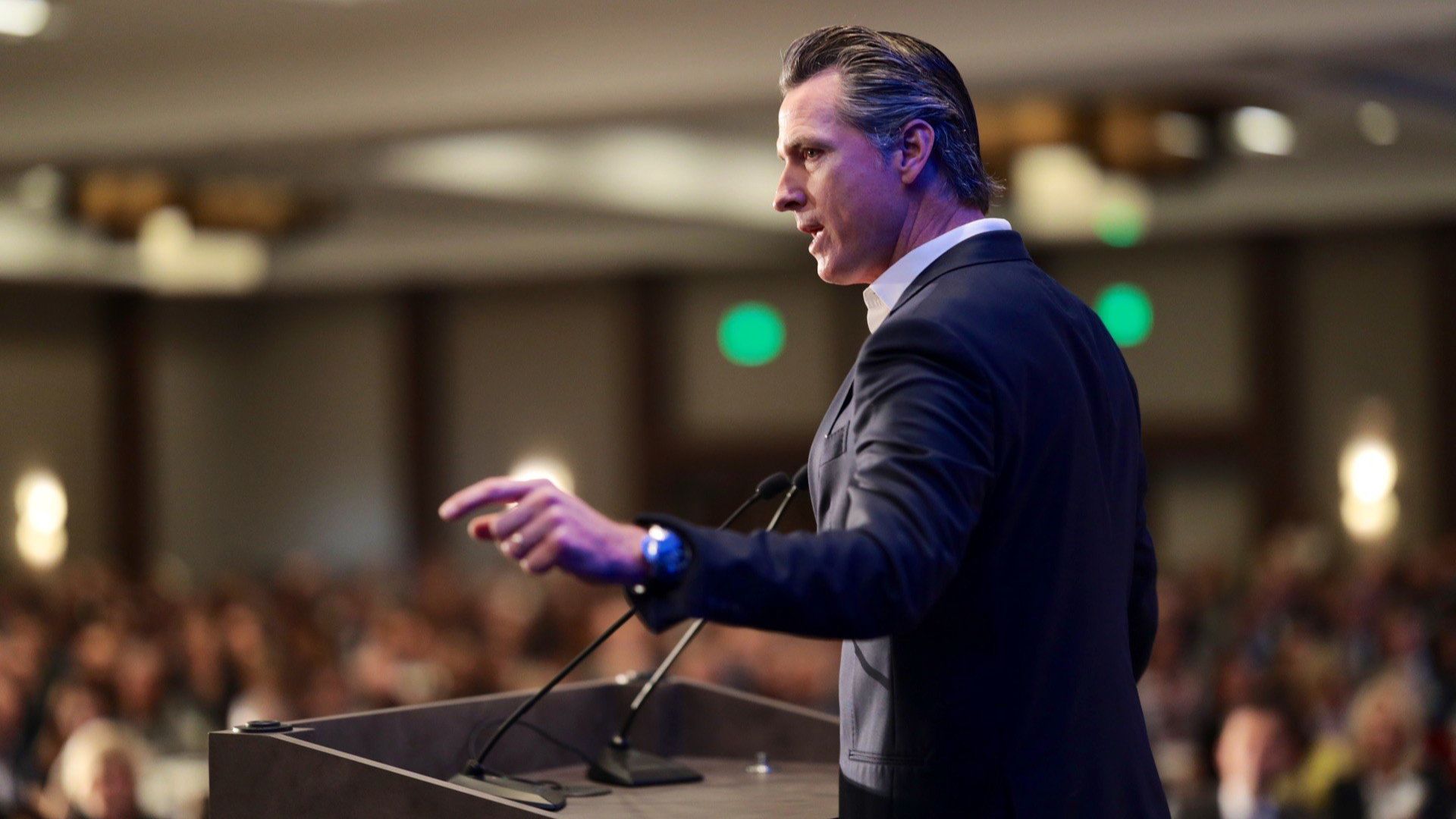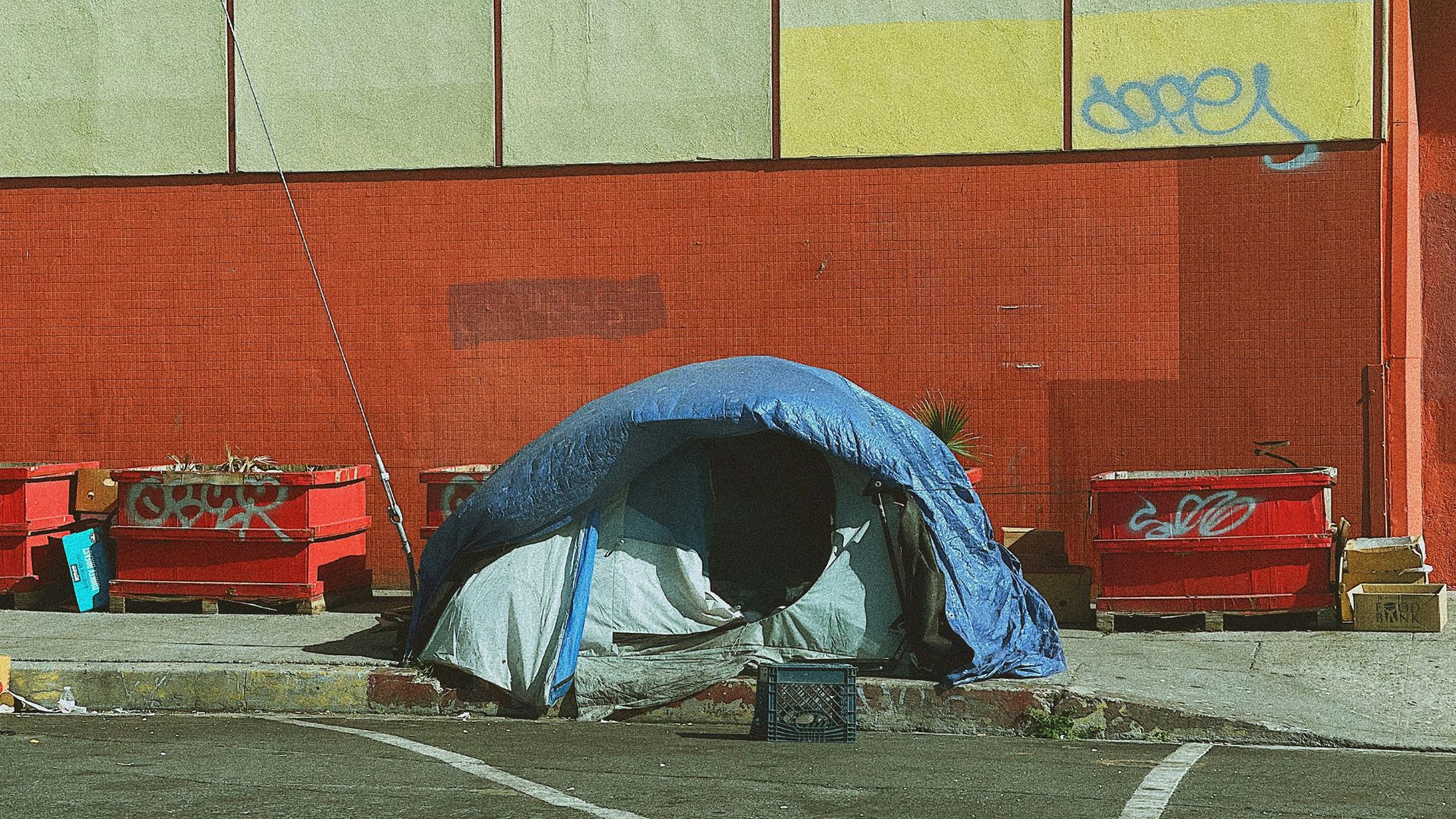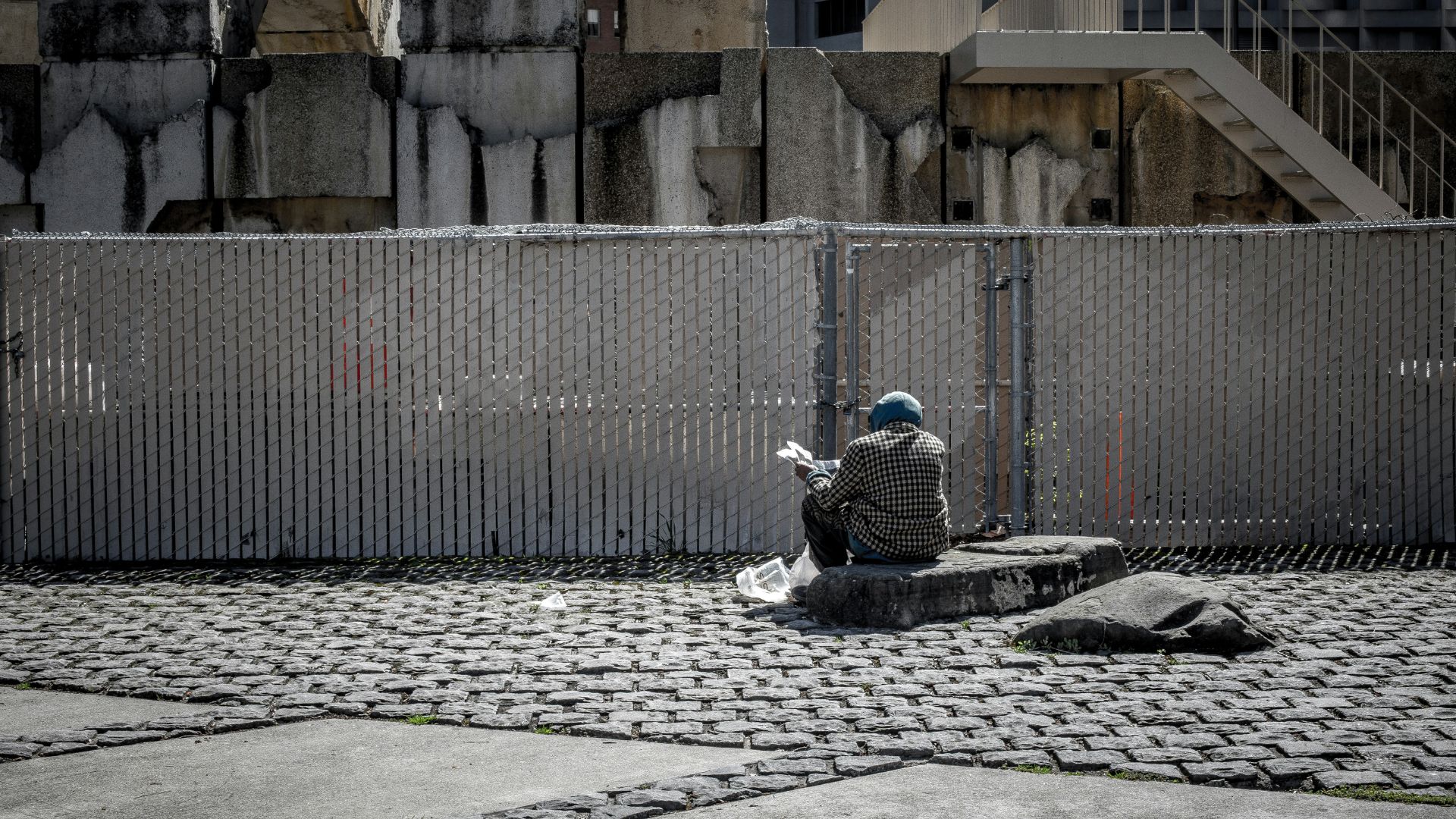On July 25, California Governor Gavin Newsom signed an executive order for local governments to start removing homeless camps, a move that had many local officials in the state divided.
Now, weeks after the order was released, the city of Long Beach is finally willing to comply, feeling confident in its ability to act.
Time to Act

Long Beach Mayor Rex Richardson told KTLA that the time had come for the city to follow through on the governor’s order, saying that they didn’t want to rush its rollout as a reason for the delay.
“We fully understand how sensitive this is for our residents and also the urgency of some of the chronic encampments, so we took our time,” Richardson said.
Lack of Action

In the weeks following Newsom’s executive order, the governor expressed frustration with a lack of action seen by local governments.
“We need local government to step up. This is a crisis,” Newsom told reporters on Aug. 8. “The state’s unprecedented billions of dollars of support? I’m not interested in providing that support and not seeing the results. I’m a taxpayer, not just the governor. It’s not complicated. We’ll send that money to counties that are producing results.”
Making a Threat

In response to what Newsom saw as a lack of action clearing homeless encampments, the governor signaled that he would be diverting state funds away from local governments that do not meet necessary benchmarks.
“I want to see results,” Newsom told reporters at the news conference. “I don’t want to read about them. I don’t want to see the data. I want to see it.”
Defying Newsom

Until recently, Long Beach had been counted among places like Los Angeles County not moving to comply with the governor’s order, who felt that it would be an ineffective way to address the homeless problem.
“Just by sweeping people off the streets off sidewalks and putting them in jail is not going to settle this issue,” Los Angeles County Supervisor Hilda Solis said.
Question of Cost

Los Angeles County Supervisor Kathryn Barger expressed support for the idea of clearing encampments but felt that the US was not ready for the cost of actually fixing the problem.
“What will it take to build up capacity to actually address the encampment situation front and center? And we don’t have an answer,” Barger said. “And the question is what is going to cost? We don’t have an answer.”
Criticizing Camp Removal

Some advocates have criticized the move to remove encampments as effectively turning the homeless into a class of criminals for merely existing.
“If the only crime you are arresting or citing someone for is just existing in public space, that’s criminalization [of homelessness],” said John Ralphing of Human Rights Watch.
Going for Compliance

Last week, a memo released by the City of Long Beach outlined how they would be complying with the governor’s order, which would include steps like citing and arresting homeless residents who refuse to move or leave their camps.
“Staff believe the approach identified above is in alignment with the law, and in alignment with best practices that resolve homelessness as opposed to merely addressing symptoms of homelessness yet will provide additional tools to address some very difficult situations and encampments the City is facing,” the memo said.
Outreach First

Although officials have committed to penalizing homeless residents, they asserted that they won’t be arrested or cited unless they commit other crimes in the process.
The city will also be offering outreach programs before an arrest or citation is issued. However, the city will still be tearing down encampments maintained in public spaces.
Long Beach’s History With Spending

A report published earlier this year found that after spending more than $60 million dollars trying to combat the rise in the homeless population, Long Beach had its first drop in seven years in 2024.
Annual homeless count numbers saw the state’s homeless population drop by 71 people, representing a 2.1% decrease.
Failed Efforts

This 2.1% followed a massive 62% spike in homelessness during 2022 attributed to the consequences of the pandemic. Critics of the city’s efforts feel that the money used so far hasn’t been well spent.
“I can tell you it’s not working,” said Christine Berry, a homeless advocate who said the city’s efforts have been a failure. “We’ve spent millions and millions of dollars and most people are not better off.”
Housing First Strategy

Berry criticized the city’s “Housing First” strategy, which she felt didn’t go far enough to treat the root problems of homelessness like addiction and mental instability.
“If you enforce… the laws in the city… and they give people a choice of going to rehab or go to jail. I can tell you from experience they will go to rehab,” said Berry.
